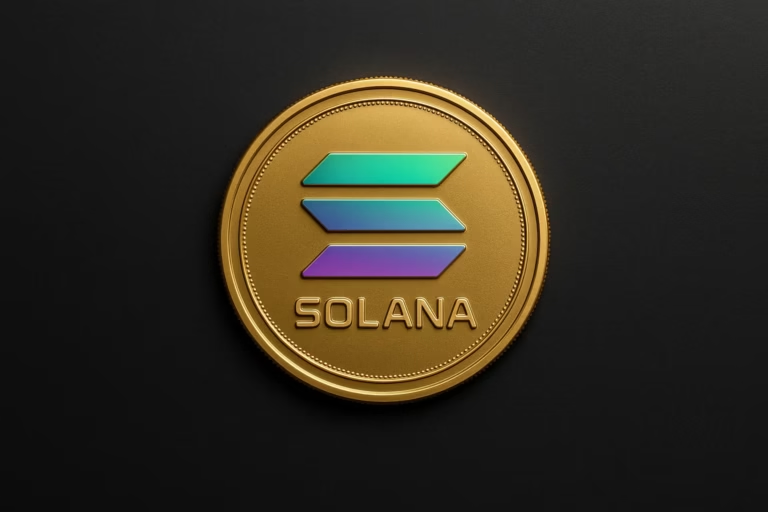
- Donald Trump has pledged that, if elected, his administration will retain all Bitcoin held by the US government, including seized assets.
- However, legal and practical challenges surrounding the return of seized cryptocurrency, such as those from the Bitfinex hack, complicate this promise.
During his speech at the Bitcoin 2024 conference in Nashville on July 27, former President Donald Trump made headlines with his ambitious pledge to transform the United States into the world’s crypto capital. Among his promises, Trump assured that his administration would not sell the government’s current Bitcoin holdings. “For too long, our government has violated a cardinal rule that every Bitcoiner knows by heart: never sell your Bitcoin,” Trump declared. “If I am elected, it will be the policy of my administration for the United States of America to keep 100% of all the Bitcoin the US government currently holds or acquires.”
The Bitcoin Holdings Dilemma
As of April 2024, the US government reportedly holds 212,847 BTC, valued around $14.4 billion as of July 28. This stockpile includes a significant amount seized from the Bitfinex cryptocurrency exchange hack in 2016, where 119,754 BTC were stolen. The US authorities confiscated approximately 94,636 BTC from this breach in 2022.
However, if these Bitfinex assets were removed from the US holdings, the remaining BTC would amount to about $8 billion. This raises questions about the fate of these assets and the legal complexities surrounding their potential return.
Legal and Practical Questions
The legality of Trump’s promise to retain all Bitcoin becomes intricate when considering US asset forfeiture laws. Generally, these laws do not prioritize victim restitution, particularly when investigations are still ongoing. If funds from seized assets are linked to other alleged crimes, returning these funds could complicate ongoing legal actions against suspects.
Moreover, federal regulations might prevent the return of stolen funds to the original victims if such actions are deemed illegal or impractical. In some cases, a judge might order the return of assets under the supervision of a neutral custodian, further complicating the situation.
Trump’s Policy vs. Legislation
Trump’s pledge to hold onto all government-held Bitcoin does not necessarily mean he will disregard court orders. It is possible that his administration would retain Bitcoin to avoid converting it into fiat currency for quick gains. However, the difference between a legislative act and an executive policy could lead to flexibility in practice.
Additionally, Trump’s policy could be interpreted as including seized assets, though this remains speculative. The administration’s stance might shift based on legal rulings and practical considerations.
The Silk Road Case
The case of Silk Road founder Ross Ulbricht adds another layer to the discussion. Ulbricht, serving a double life sentence plus 40 years, had 50,591 BTC seized from Silk Road operations in 2020. As of July 28, these assets are worth approximately $3.4 billion. The treatment of these funds could be more straightforward, yet it remains subject to the ongoing legal framework and Trump’s policy decisions.
While Trump’s vision for Bitcoin retention is clear, the reality of managing seized assets presents a complex and evolving legal landscape.




